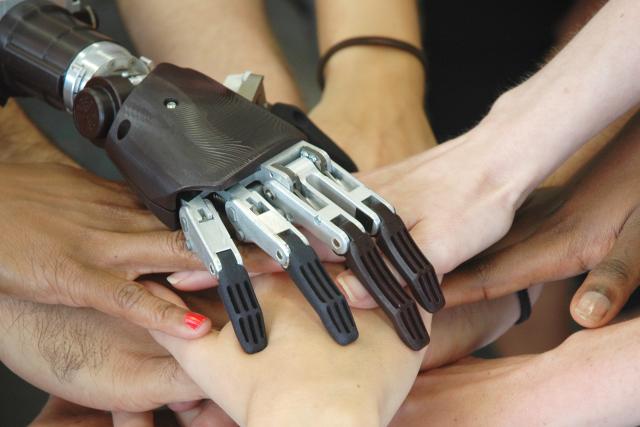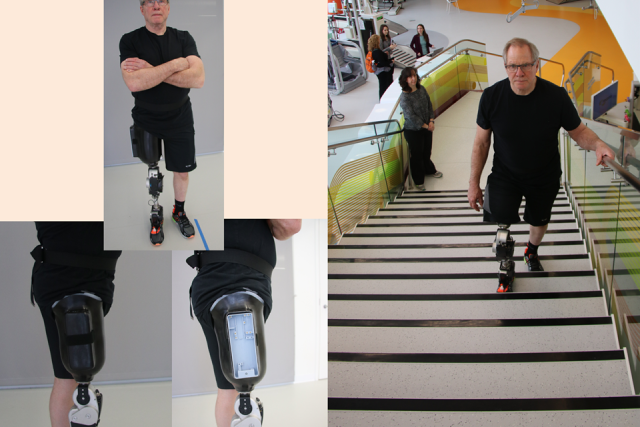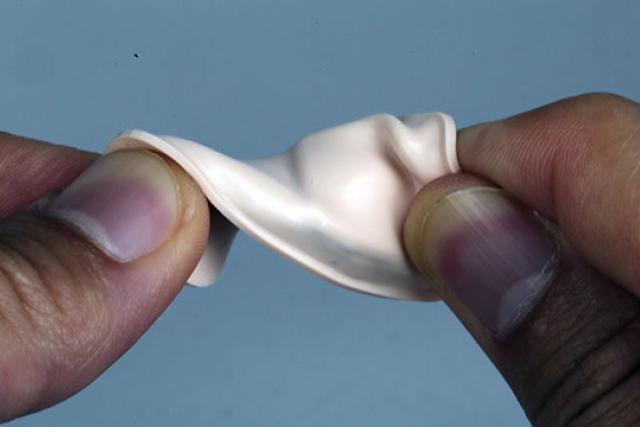Regenstein Foundation Center for Bionic Medicine
Regenstein Foundation Center for Bionic Medicine
Open-Source Bionic Leg
COVID-19 Sensor Project
Our Projects
Take a look at a few of the projects we work on everyday.
Research Project
Research Project
Research Project
Research Project
Research Studies
Join our current research by becoming a participant.
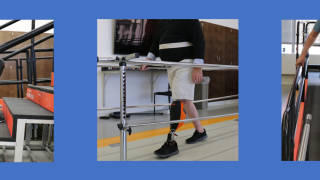
Understanding how Powered Componentry Impacts Prosthetic Gait with a Transfemoral Prosthesis
The objective of this study is to understand how using a new powered prosthetic knee and/or ankle affects how people walk with a prosthesis.
read more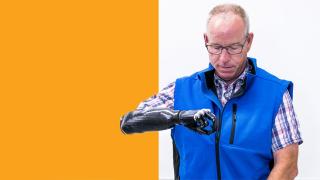
Outcomes Testing with Myoelectric Upper Limb Prosthesis Users
This study is exploring what factors may impact function using a prosthesis.
read more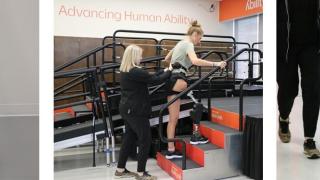
Evaluation of Powered Prosthesis for use with Transfemoral Osseointegration Recipients
The purpose of this study is to evaluate the benefits of osseointegration (OI) on functional, biomechanical, and metabolic outcomes as well as user satisfaction and powered prosthesis control for individuals with a transfemoral amputation who receive target muscle reinnervation (TMR) and OI surgery.
read moreSelected Publications
Implications of EMG channel count: enhancing pattern recognition online prosthetic testing.
INTRODUCTION: Myoelectric pattern recognition systems have shown promising control of upper limb powered prostheses and are now commercially available. These pattern recognition systems typically record from up to 8 muscle sites, whereas other control systems use two-site control. While previous offline studies have shown 8 or fewer sites to be optimal, real-time control was not evaluated. METHODS: Six individuals with no limb absence and four individuals with a transradial amputation…
read more